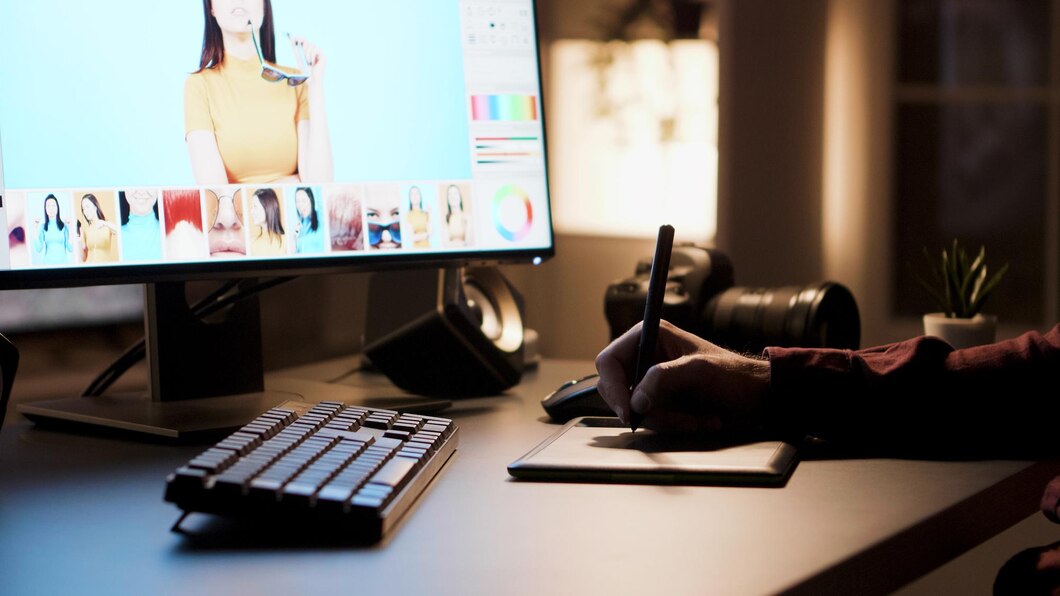A downside to working for yourself is that you have to pay your own taxes. This blog will let a freelance photographer know all about filing tax returns.
Show the taxman that yours is a legitimate business
You have to prove that you are running an actual business. Getting a business license is the right way to show the taxman that you are not pursuing a hobby.
Filing freelance photography taxes
You need to maintain records and receipts. These include receipts for business related expenses, invoices, payroll records for full-time or contract employees, bank statements and previous income tax returns, among other things. For this you can use a proper paper filing system. Another way is to use an accounting tool like Wave or QuickBooks in order to digitize, store and categorize paper receipts and track invoices.
Hiring an accountant
A professional accountant or bookkeeping expert can help you in the entire freelance tax process. Mitigating tax liability is the responsibility of a professional tax preparer who has the knowledge to assure all income and expenses.
Decrease the size of your tax burden
Business-related costs gets written off which reduces the tax burden. Here are a list of deductions that you can avail as a freelance photographer.
- Equipment expenses
Start-up costs for freelance photographers are invariably high because of the expensive equipment they have to purchase. They can avail deductions on these purchases. For this, they will have to keep a track of all the equipment that is purchased by him or her. Maintaining an equipment inventory for tax purposes needs to be done. A freelance photographer can use a spreadsheet for this purpose.
- Studio and venue spaces
Renting out spaces is needed for photo shoots. If you have rented studios for photo shoots, you can deduct those costs on your taxes. An area for equipment storage also qualifies for tax deduction.
- Educational costs
A freelance photographer can avail tax deductions on expenditure he makes on getting up-skilled. The cost of attending conferences that can help him in networking with peers can be added for the purpose of calculating deductions.
- Travel Expenses
As a matter of fact, freelance photographers have to travel a lot. Most of the times, they have to shell out money from their own pocket. Keeping a detailed account of the money spent can help in calculating tax deductions. The detailed account may include the cost of air tickets, hotel room and meals, among other things.
- Depreciation and repair costs
A freelance photographer can deduct a portion of the equipment cost as depreciation cost. He will have to maintain a depreciation schedule for doing this. Keeping track of the purchase date and the expected life of an equipment like a camera is needed for this.
- Additional tips for filing tax returns
While a freelance photographer may be an incredibly busy person, it is necessary to set apart time for maintaining books. Maintaining all the receipts and setting up a solid bookkeeping are needed for filing tax returns.



